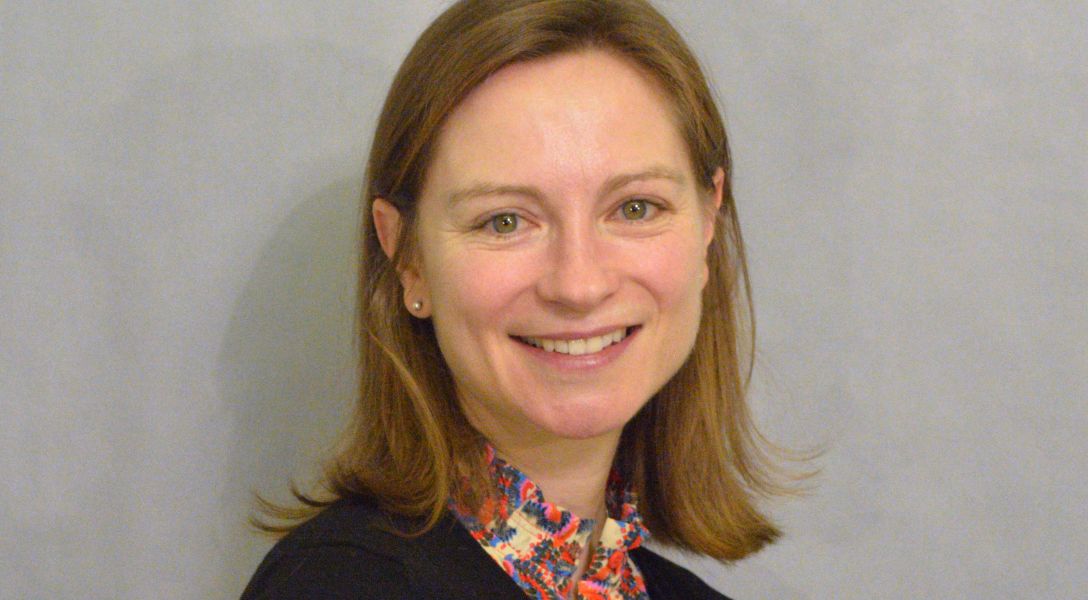Leanna House is associate professor in the Department of Statistics. Prior to joining Virginia Tech, she was a post-doctoral research associate for two years in the Department of Mathematical Sciences at Durham University, United Kingdom. Funded by a grant, “Managing Uncertainty in Complex Models (MUCM),” she worked closely with Dr. Michael Goldstein to develop novel approaches for computer model uncertainty analyses.
She started her post-doctoral position shortly after receiving a Ph.D. in Statistics from the Institute for Statistics and Decision Sciences (ISDS) (now the Department of Statistical Sciences) at Duke University. The title of her dissertation was “Nonparametric Bayesian Models in Expression Proteomic Applications.” Advised by Dr. Robert Wolpert and Dr. Merlise Clyde, she developed Levy random field models to obtain interpretable data representations of proteomic data. Prior to attending Duke, she worked for two years in the Statistics and Data Analysis Systems Department at the Battelle Memorial Institute, Columbus, Ohio, and attended Cornell University. She received a B.S. in biometry/statistics and a M.A.T in curriculum development from Cornell in 1998 and 1999 respectively.
Her research interests are Bayesian statistical modeling with an emphasis in model averaging, kernel regression, and Bayes linear; uncertainty analysis of computer models/experiments; data mining coupled with data visualization that promotes human-data interaction and education in statistics; and applications in proteomics, bioinformatics, cosmology, climatology, and hydrology.
Talk: The Role of Statistics within Human-in-the-Loop Analytics
Abstract: In the face of stiff competition within industry, critical health issues, climate change, and governmental instabilities, we are called to find the most efficient, informative methods to analyze big data and make decisions for immediate action. Analytic communities, including computer science, information science, statistics, and quantitative fields within domain sciences are responding to the call for new, big data analytical methods. Alas, it is an ``absolute myth that (one) can send an algorithm over raw data and have insights pop up'' (Lohr, 2014). It always takes an informed human to assess data summaries and make insights that are relevant for the application at hand. With this in mind, human-in-the-loop (HIL) analytics are developing to balance computation and human expertise in the search of useable information in data. For example, there is ``HIL deep learning'', ``HIL computation'', ``HIL machine learning'', ``HIL cyber physics'', ``HIL artificial intelligence'', and, most broadly, ``HIL Analytics''. Where is ``HIL statistics? '' In this talk, we define human-in-the-loop and exemplify how statistical principles may apply and/or improve HIL approaches for data exploration, statistics education, and more.



